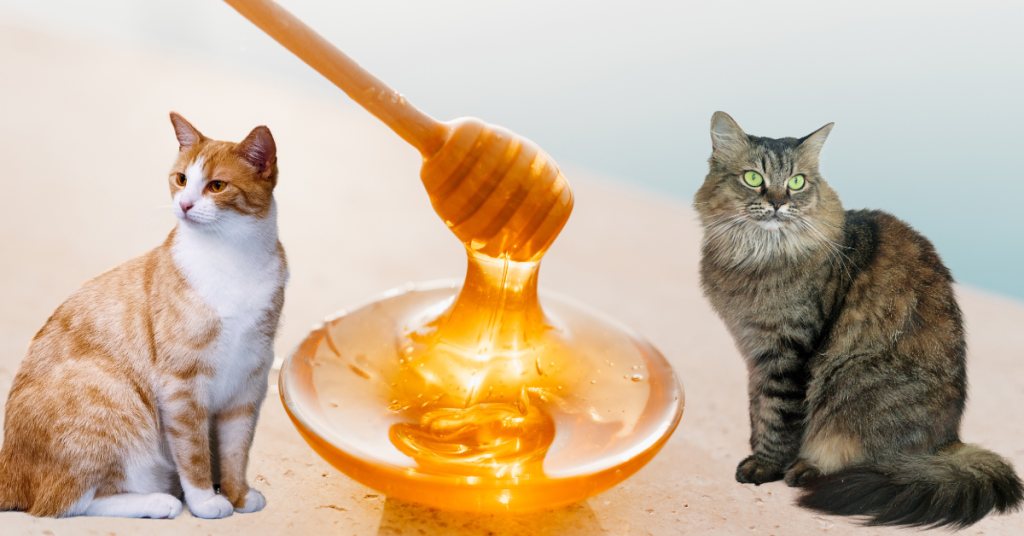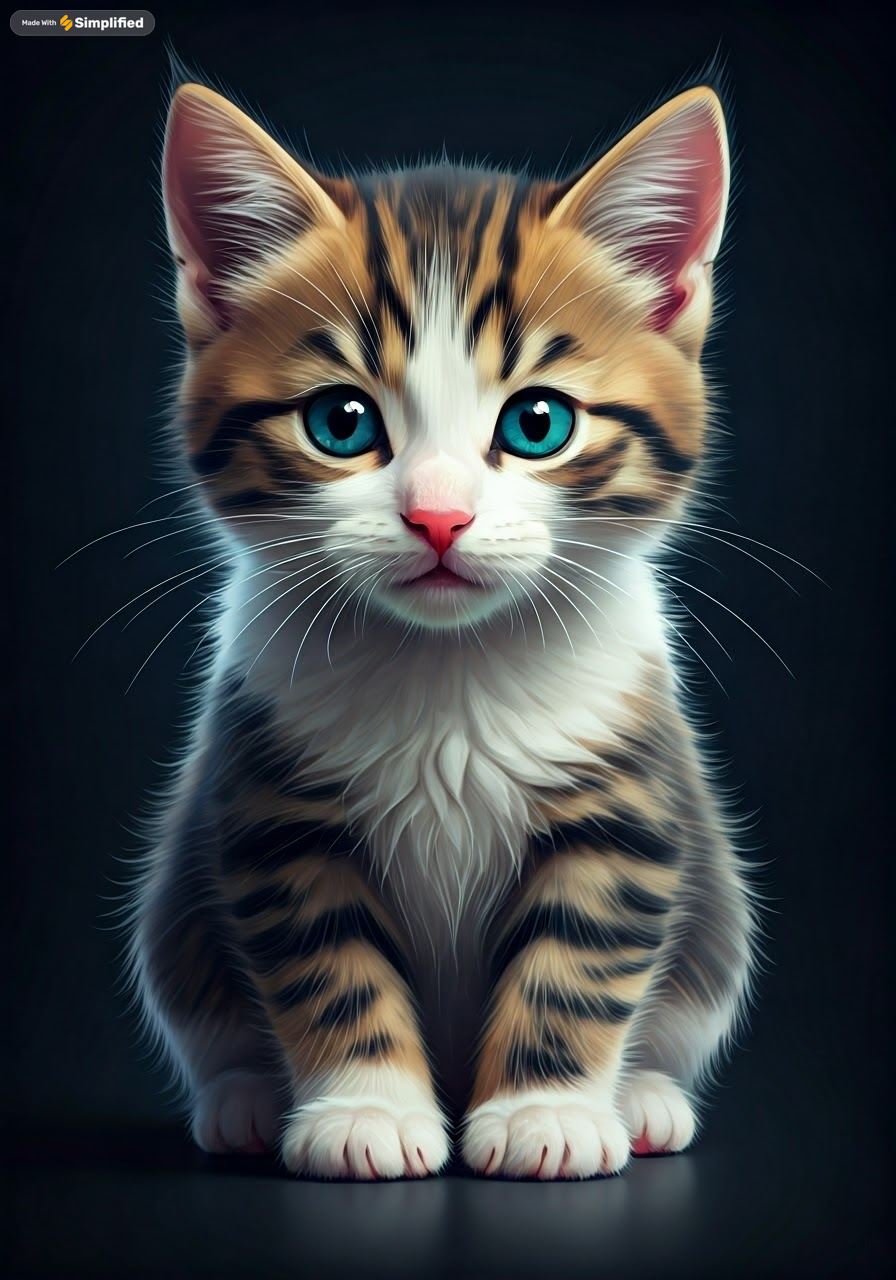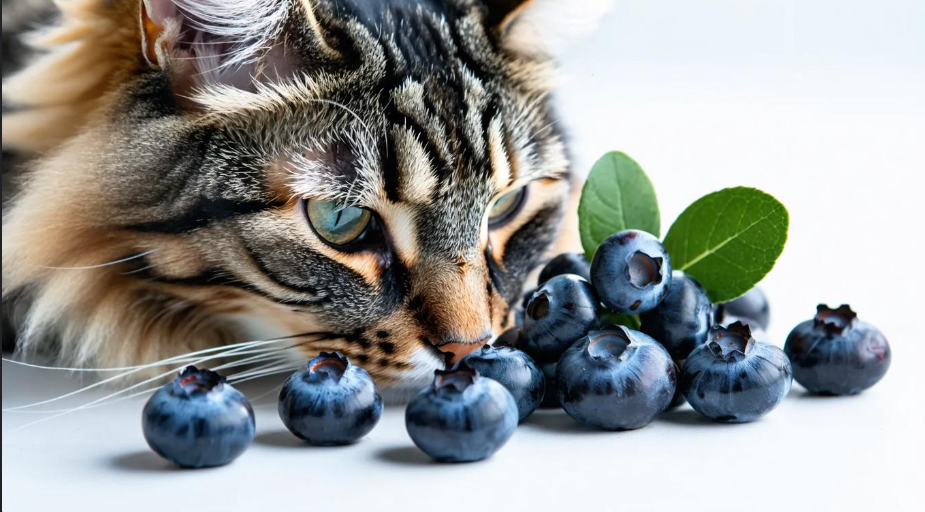Can cats eat honey?
Cats and honey have a complex relationship when it comes to dietary considerations. While honey is not toxic to cats, it’s not recommended as a regular part of their diet. Here’s why:
Cats are obligate carnivores, which means their bodies are designed to derive nutrition primarily from animal-based proteins. Their digestive systems are not well-equipped to process sugars and carbohydrates efficiently. Honey, being predominantly sugar, offers little to no nutritional value for cats and can potentially lead to health issues if consumed in large quantities or frequently.
The high sugar content in honey can contribute to obesity and dental problems in cats. Moreover, some cats may experience digestive upset, such as diarrhea, when consuming honey. It’s also worth noting that raw honey can contain botulism spores, which, while generally not harmful to adult cats, could pose a risk to kittens or cats with compromised immune systems.
While a tiny amount of honey occasionally is unlikely to cause harm to a healthy adult cat, there’s no real benefit to feeding it to them. If you’re considering honey for medicinal purposes, such as soothing a sore throat, it’s best to consult with a veterinarian first. They can provide safer, more appropriate treatments tailored to your cat’s specific needs.
In conclusion, while cats can technically eat small amounts of honey without immediate danger, it’s not a recommended or necessary addition to their diet. As responsible pet owners, it’s best to stick to a balanced, species-appropriate diet formulated specifically for feline nutritional needs.

Table of Contents
Is honey good for cats?
When it comes to our feline friends, it’s natural to wonder if certain human foods can benefit them. Honey, often touted for its health benefits in humans, is one such food that cat owners might consider sharing. However, the answer isn’t as sweet as you might hope.
While honey isn’t toxic to cats, it’s not particularly good for them either. Cats are obligate carnivores, which means their bodies are designed to thrive on a diet primarily consisting of meat. Their digestive systems aren’t well-equipped to process sugars and carbohydrates efficiently, making honey a poor dietary choice.
The high sugar content in honey can potentially lead to obesity and dental problems in cats if consumed regularly. Moreover, some cats may experience digestive upset, such as diarrhea, when ingesting honey.
It’s also worth noting that any potential health benefits of honey for humans – such as its antibacterial properties or allergy relief – don’t necessarily translate to cats. Their bodies process foods differently, and what’s beneficial for us may not have the same effect on them.
In rare cases, veterinarians might recommend small amounts of honey for specific medicinal purposes, but this should only be done under professional guidance. For the average healthy cat, there’s no real need or benefit to including honey in their diet.
In conclusion, while a tiny lick of honey won’t harm your cat, it’s best to stick to a balanced, species-appropriate diet formulated specifically for feline nutritional needs. If you’re looking to treat your cat, opt for cat-specific treats or consult with your vet for healthier alternatives.
Remember, showing love to your cat is best done through proper nutrition, play, and attention – not through sharing our human foods!
What to do if your cat eats honey
If your cat has eaten honey, it’s important to remain calm and take appropriate action. While honey isn’t typically toxic to cats, it’s not a recommended part of their diet, and consuming it can lead to some potential issues.
First, try to determine how much honey your cat has ingested. A small lick is less concerning than a large amount. Once you’ve assessed the quantity, keep a close eye on your feline friend for any signs of digestive upset, such as vomiting or diarrhea. These symptoms might indicate that your cat’s system is struggling to process the sugary treat.
Encourage your cat to drink fresh water, as this can help flush out the excess sugar from their system. You might want to skip your cat’s next meal to give their digestive system a break, gradually reintroducing their normal food if no symptoms appear.
In most cases, a small amount of honey won’t cause serious harm. However, if your cat has consumed a large quantity, shows signs of illness, or has pre-existing health conditions like diabetes, it’s best to consult your veterinarian promptly. They can provide tailored advice based on your cat’s specific situation.
Moving forward, take steps to prevent future incidents by storing honey securely out of your cat’s reach. It’s also wise to educate family members about the importance of not feeding human foods, including honey, to your feline companion.
Remember, while this incident might be a cause for concern, it’s an opportunity to reinforce good feeding habits for your cat. Stick to a balanced, species-appropriate diet and cat-specific treats to keep your furry friend healthy and happy.
Relavant article: Can Cats Eat Microgreens? || Can Cats Eat Pepperoni?|| Can Cats Eat Garbanzo Beans?
Can honey soothe allergies in cats?
While honey is often touted as a natural remedy for allergies in humans, it’s not recommended as a treatment for allergies in cats. Here’s why:
Cats are obligate carnivores, which means their digestive systems are designed to process animal-based proteins, not sugary substances like honey. Feeding honey to cats can potentially cause more harm than good.
Honey contains high levels of sugar, which can lead to obesity and dental problems in cats if consumed regularly. It may also cause digestive upset, including diarrhea or vomiting.
The alleged allergy-fighting properties of honey in humans are based on the idea that local honey contains small amounts of pollen, which may help build immunity. However, this theory isn’t scientifically proven, even for humans. For cats, there’s no evidence to support honey’s effectiveness in treating allergies.
Moreover, raw honey can contain botulism spores, which may be harmful to cats, especially those with compromised immune systems.
If you suspect your cat has allergies, it’s crucial to consult with a veterinarian. They can properly diagnose the issue and recommend safe, effective treatments tailored to your cat’s specific needs. These might include dietary changes, medications, or environmental modifications.
Remember, when it comes to your cat’s health, it’s always best to rely on veterinary advice rather than home remedies that may not be suitable for feline physiology.







Leave a Reply